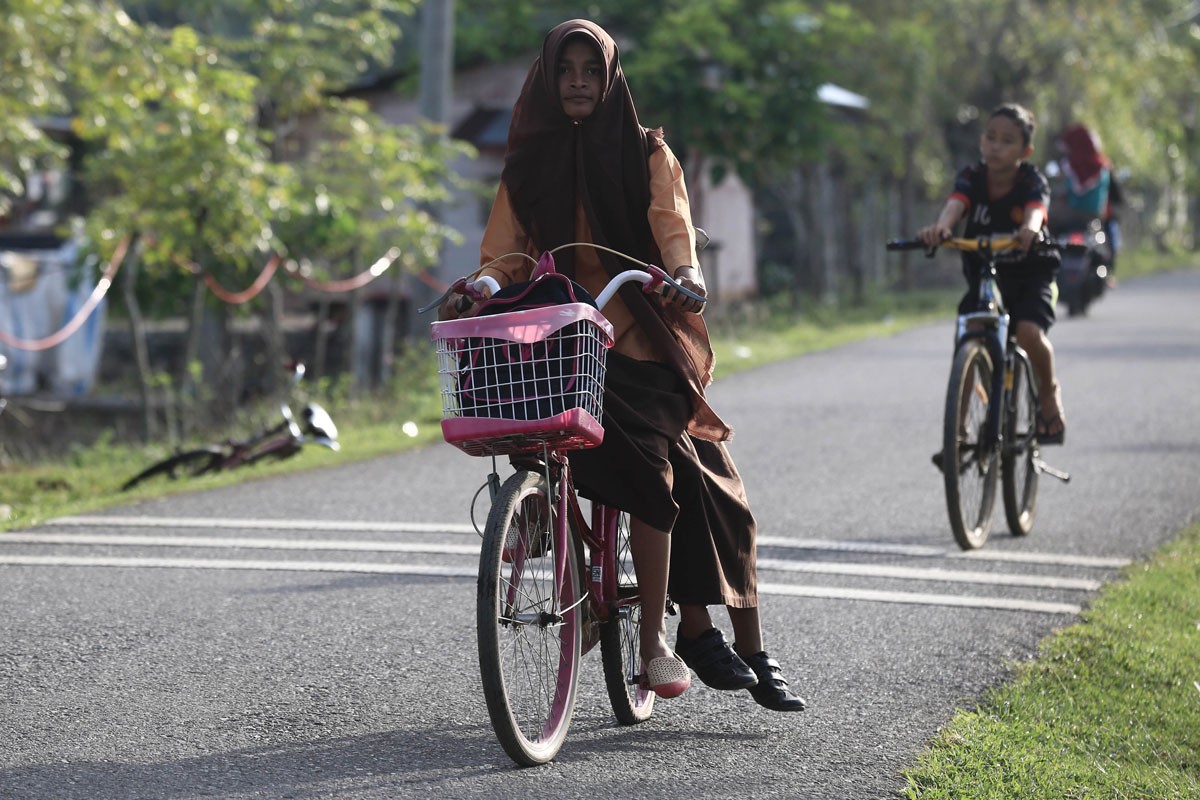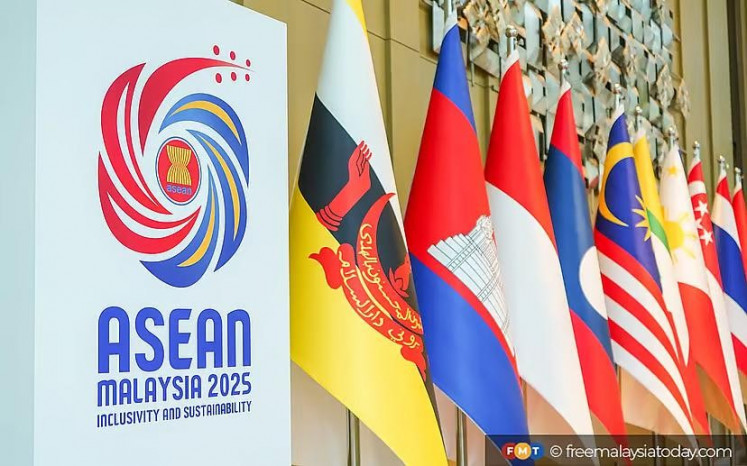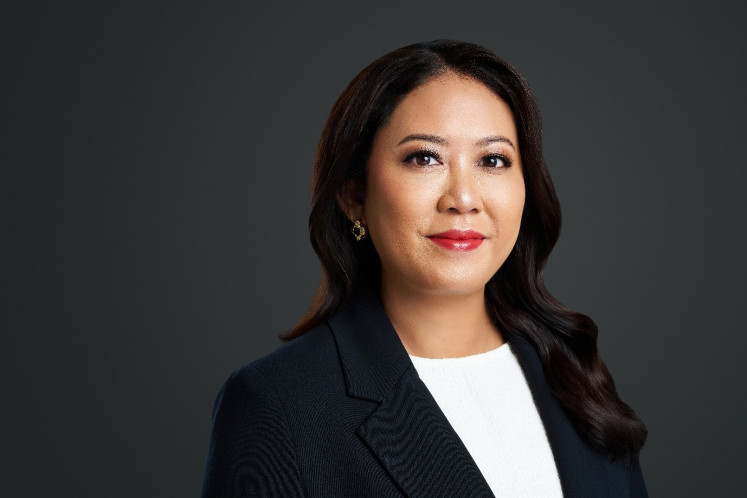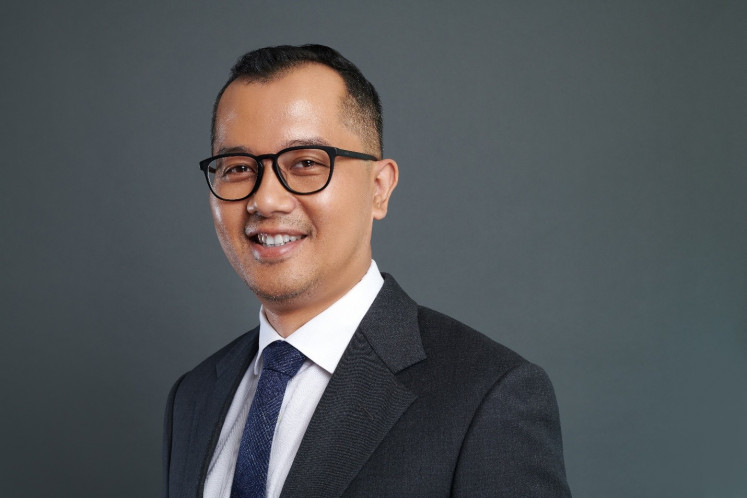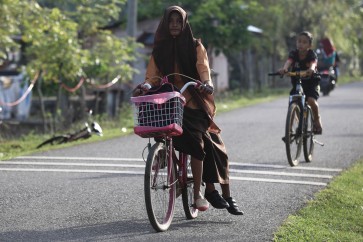Popular Reads
Top Results
Can't find what you're looking for?
View all search resultsPopular Reads
Top Results
Can't find what you're looking for?
View all search resultsWomen: The backbone to peace
“Women here are tired of being left behind,” Yusra said. “We make up 50 percent of the population, but we are under-represented.”
Change text size
Gift Premium Articles
to Anyone
T
he year 2017 has kicked off a new era for women. Women’s marches are taking place across the world from the United States, to Indonesia with men, and women marching for equality. This International Women’s Day feels more important than ever.
It began with the protest that coincided with US President Donald Trump’s first day in office, and has turned into a global movement engaging both men and women. Women are at the forefront of the revolution; unsurprisingly, considering women are disproportionately affected by so many inequalities in this world.
About 15,000 kilometers away from Washington, women in the tiny village of Gampong Cot Malem in Aceh are fighting for peace. Their village has endured decades of conflict, the 2004 tsunami and the rocky recovery period following the Helsinki Memorandum of Understanding in 2005.
The people of Aceh have lived in peace for nearly 12 years. But that does not mean peacekeeping efforts have ended. Last month, I set out for Banda Aceh to make a short film with United Nations Development Program (UNDP) Indonesia, documenting the efforts of female customary justice, or adat leaders who are keeping the peace in their villages. UNDP, with the support of Norway, has trained women to better resolve conflict and promote tolerance between communities.
After interviewing these amazing women and the people that they have helped, one thing stuck with me: women bear the brunt of conflict, be it armed or within their own household. They also have incredible resilience because they are women.
Activist Suraiya Kamaruzzaman, founder of Aceh’s first women’s organization, Bunga Aceh, says women are natural peacekeepers and negotiators. She points out that when Indonesian women go to the traditional market and find something they like, they negotiate. They come away from the market with a price that makes both parties happy. Whether it’s at the traditional market, or within their household, women are negotiating every day.
Women leaders in the adat (customary) justice system are using their negotiation skills to improve lives. While meeting them, I learned what women’s leadership can do for communities. According to the adat leaders, it has not been easy to convince men or other women that they should be in leadership roles, but they have proved their methods are working. Women prefer using the adat system to resolve disputes. It’s economically efficient, and trust between them plays a large part, particularly for cases on domestic violence. Conflict can be resolved quickly and discreetly.

